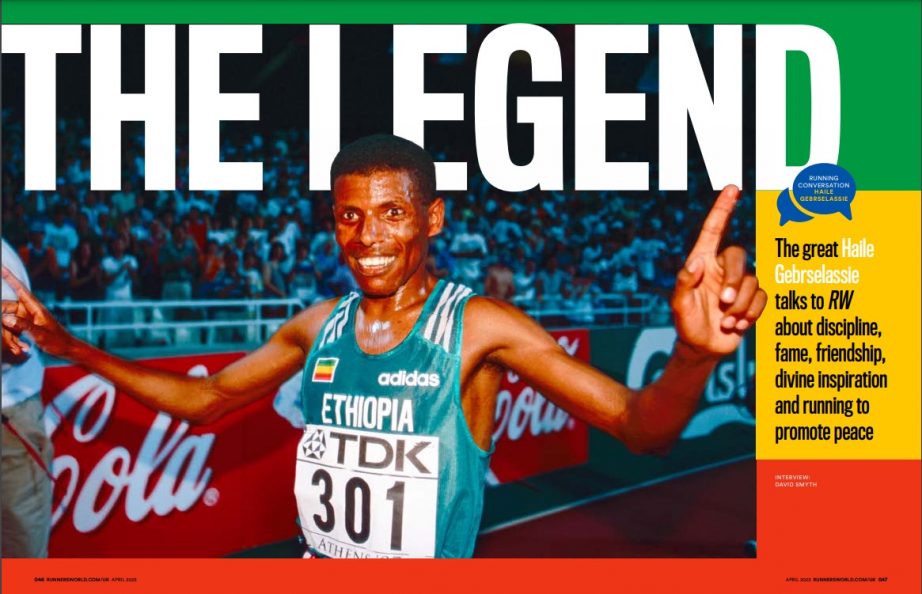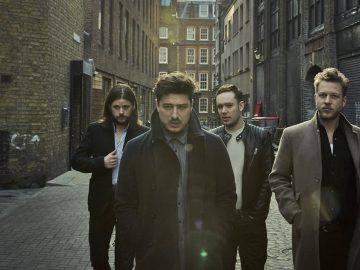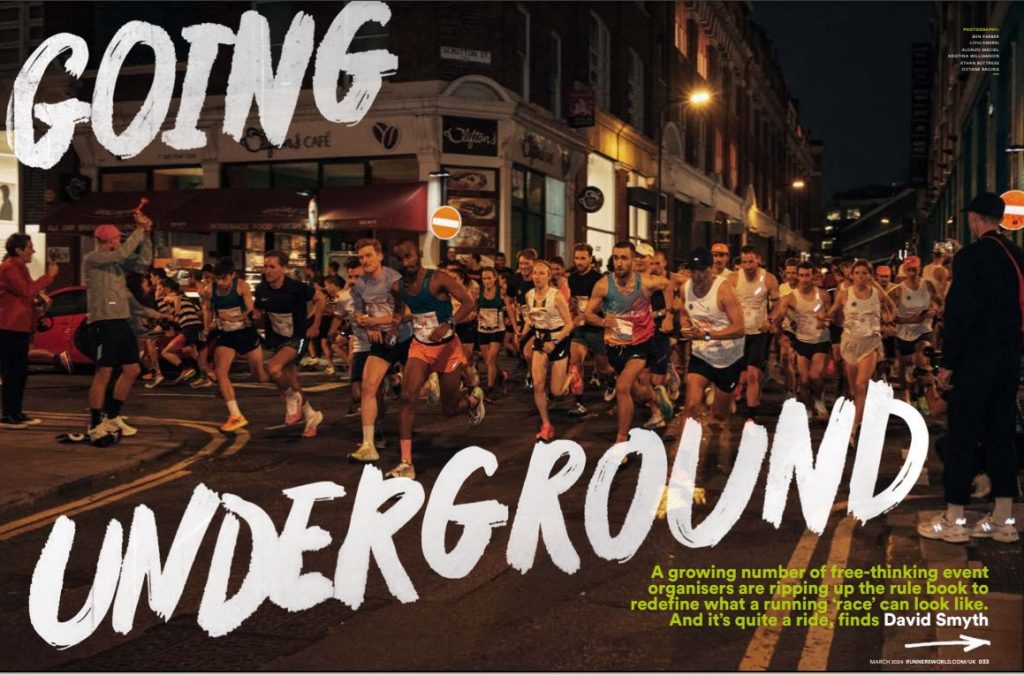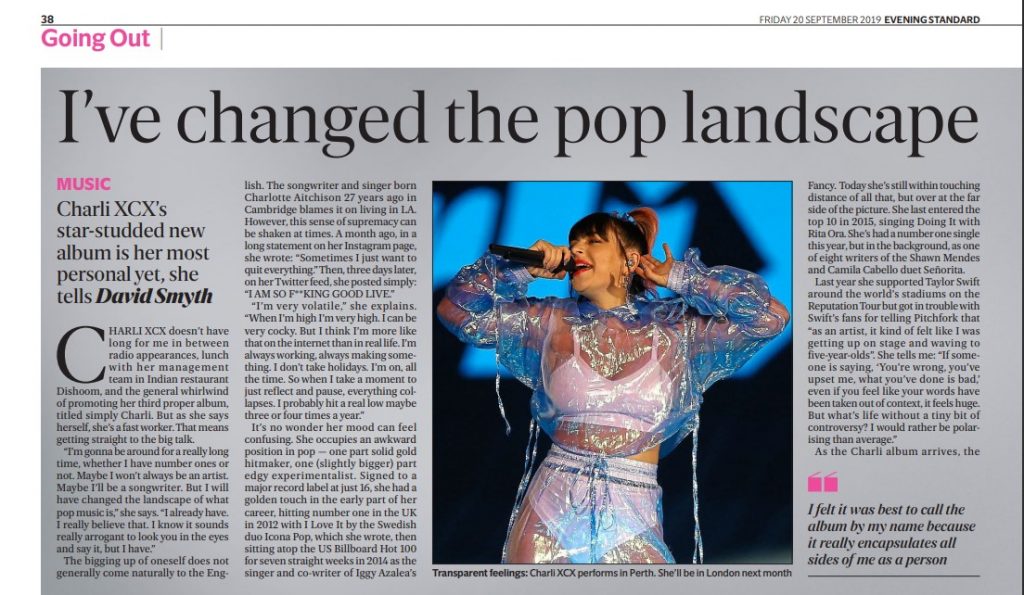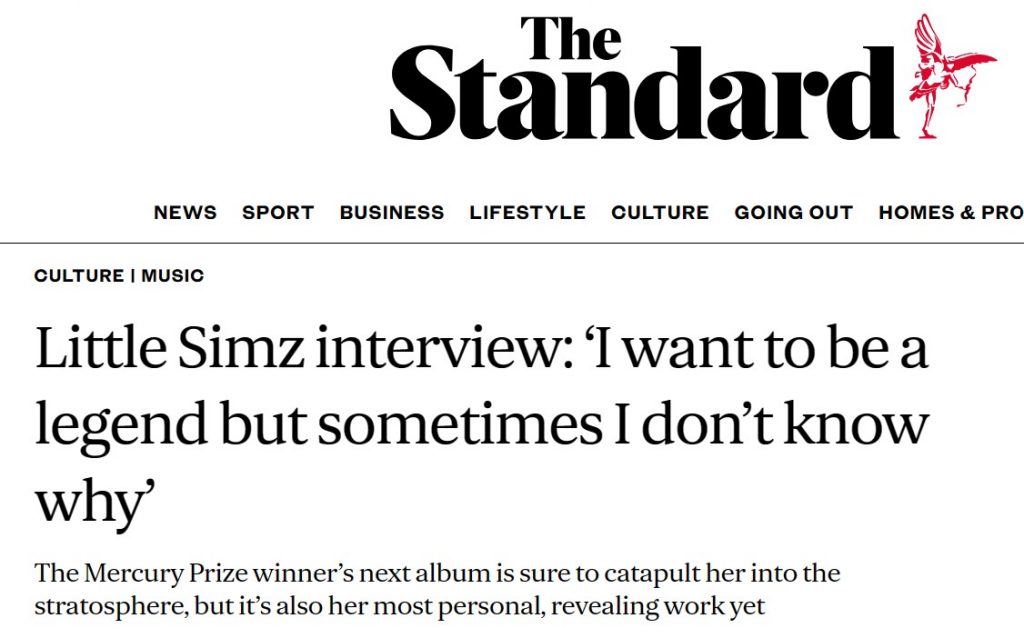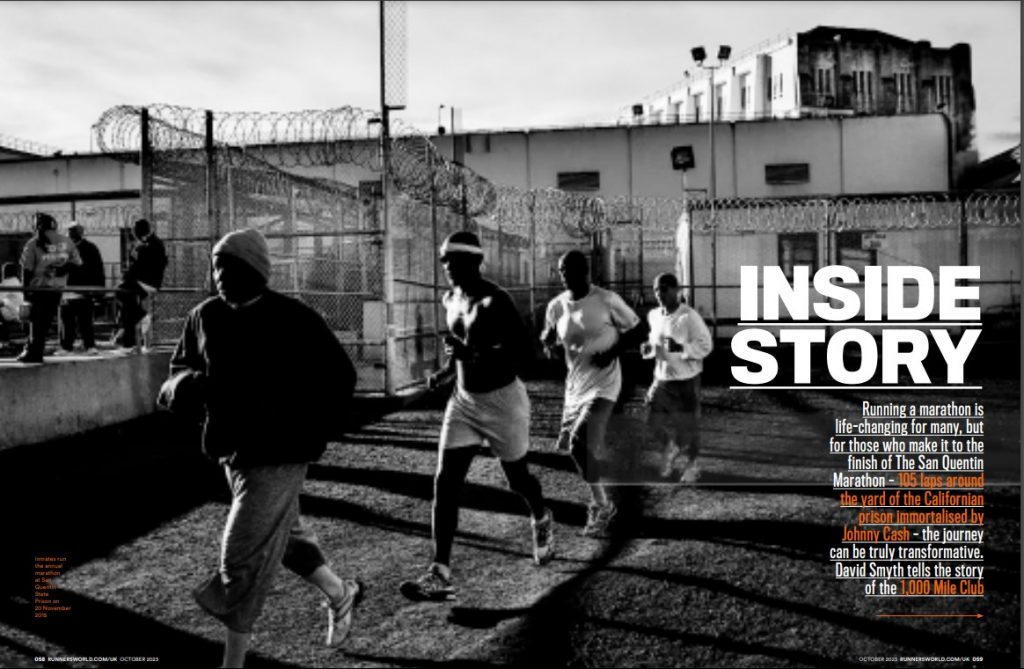‘Haile moves at speed,’ they warn before a weekend spent trying to pin Haile Gebrselassie down for a conversation in Addis Ababa. Well duh. The 49-year-old Ethiopian has held 27 world distance running records, moving from dominance in the Olympic and World Championship 10,000m in the Nineties to a remarkable second wind as a marathon runner in the 2000s, during which he set the world record twice.
What his team means in the context of 2020s Haile is that this is a man with so much on his plate that he is never still. It’s the weekend of the Great Ethiopian Run, which he co-founded – a 10k event around the wide streets of central Addis for around 40,000 people which feels more like a giant colourful street party than a competitive race – and he pops up everywhere. There he is at the Friday press conference in the Hyatt Regency hotel, full of smiling praise for honoured Kenyan guest Moses Tanui even though, if you’ve seen their race against each other at the 1993 World Championship 10,000m, you’d swear they should be lifelong enemies. There he is amid the camels, horses and bouncy castles at the Saturday morning children’s races, handing out medals and prize backpacks to a long line of different age and ability categories. And there he is again at Sunday morning’s main race start line, accompanying Ethiopian President Sahle-Work Zewde while they watch pop singer Hamelmal Abate belt out the national anthem.
Between these stage appearances he tends to walk fast with a phone clamped to his ear. It could be a tactic to avoid the endless selfie demands, but when we finally get to his office complex in the city, the door is often knocked and it’s obvious he’s in huge demand. On the way in we pass the Alem Cinema and Alem Fitness Centre – both named after his wife. A chart on his wall shows all his different businesses, including seven hotels and resorts, coffee, honey, schools, real estate and a Hyundai import company called, of course, Marathon Cars. But can Haile the entrepreneur find as much joy as Haile the gold medallist? He granted a few precious minutes to find out.
Runner’s World: How did the Great Ethiopian Run come into existence?
Haile Gebrselassie: I started the Great Ethiopian Run because of the Great North Run. Right after the Sydney Olympics in 2000, when I was still in Australia, I met with Brendan Foster and John Caine. They thought my time on the track was over, and asked me to participate in their half marathon in England. No problem, I can come. But I also asked them: ‘Why don’t you organise a race in Ethiopia for us like your race?’ I admired the Great North Run from the beginning, with so many participants. The atmosphere there is so wonderful. They said: ‘Okay, why not?’ I hadn’t planned it, but a month or two later they said: ‘If you’re serious, we’ll come over to start a run.’ There was no sponsorship. Here in Ethiopia nobody cared. But they went to the British Embassy. We were given an office and £10,000. Finally the dream came true in 2001.
What was the race like then compared to the scale of it now?
The first Great Ethiopian Run was about 10,000 participants. This kind of race was really unknown in Ethopia. It was quite a mess – all 10,000 people wanted to be in the front! So it was half successful. A year later we had a better one. Then slowly the race became known and now we are on the 22nd edition.
What kind of influence has it had?
It is more than a race. The main goal was to bring more people into athletics, especially people who have no chance to participate outside Ethiopia. Today running in Ethiopia is in fashion. Twenty years ago if you saw someone running in the street, especially women, you might think there was some kind of mental problem. No one was doing sport outside.
Even though you, and Ethiopian runners before you like Abebe Bikala and Miruts Yifter, had won gold medals at the Olympics?
Of course we had elite athletes, but normal people running in the street? It did not used to be like that. Now our main problem with organising the race is the big numbers. If we were able to have a race for 100,000 people, believe me we could register them easy in a week. It is so popular.
It seems like it’s more of a party than a race.
When you come to do it, don’t think about competing. Just think about enjoyment. If you want to run, you have to start near the front. If you are in the middle? No chance. Most of them will walk and dance.
What is your advice to international visitors who come to Ethiopia to run?
If you come here to run 10k, your time here in Addis Ababa will be completely different from your time in London or Paris, because you are running at 2,500 metres above sea level. The lack of oxygen is a big challenge. It will also be a wonderful new experience. Ethiopians are good because we do a lot of uphill training, but the altitude by itself also gives you a lot of potential. When you go down to sea level after running here, your running will be easy. It’s a very good advantage. Come at least two weeks ahead of the race if you want to get some benefit. Before Covid there were so many tourists who came to take part and travel around the country after the race. After Covid and the recent war, not so much, but slowly they are coming back.
Do you think the country can remain stable now that there is a peace agreement with the Tigray region?
I hope so. What I believe, when I am thinking about my country, is that Ethiopia is a country built by God. The politicians are always the ones who mess up this country. Normal people, at the end of the day, we are the same. People may have different ideologies but one day, you will see, they will come back. And one of the tools to bring peace is sport – especially running. The ruling party, the opposition party, different religions, people who have different views… this is a run for everybody.
So many of the best Ethiopian runners, including yourself, have trained in the Entoto forest to the north of Addis Ababa. What is so special about the place?
It is even higher than the city. You can reach up to 3,400 metres if you do your training there. Also the air is very fresh. The city itself is a bit polluted. When I was an athlete I would go there a minimum of three times a week.
When did you first run and think, ‘I’m really good at this’?
I won a 1500m race when I was in high school. I was 14. Most of the other runners in that race were from grade 11 or 12 and I was in grade 9. I didn’t know what I was doing. I didn’t even know how many laps it was. I only wanted to run fast from the beginning. The other runners, they knew how many laps there were. They were watching each other and using tactics. I was maybe 80 metres ahead of them. The only thing I remembered from my physical education teacher was that when the bell rings, it indicates the last lap. I tried to increase my speed, even though by that time I was tired, and there was already a big gap. The other group tried to catch me but by the finish line I was still in front.
Between 1993 and 2000 you won two Olympic golds and four World Championship golds. You have also held 27 world records, including the marathon twice. What do you think is the extra thing that made you the best?
For me the best gift was my life itself. Physically, there was a natural talent from my childhood. Thank you to my family, my parents, to the way I grew up in the countryside. By the age of three or four, I was not in the house any more. I was working in the fields, helping my parents with the cows and sheep. And I can say thank you that the distance between my house and my school was about 10k. I walked or ran this distance every day, so 20k a day. But I don’t think mentally I was that strong.
Really? Watching races like the 10,000m at Sydney 2000, where you beat Kenya’s Paul Tergat by a fraction of a second, or the 1993 World Championships in Stuttgart, where you caught Moses Tanui after he sprinted away from you wearing only one shoe, you clearly wanted so much to win.
For me, when I do running, of course what else comes with that is winning. When I got strong and famous, I started to think something else: winning was not enough. I also wanted to break the record, to surprise people. I gave everything I had for sport.
Do you think God played a role in your victories?
Of course. Nothing without that. Everything I am saying to you, God is there. Everything about my achievements, who comes first? Who is in front? It’s God. No question about that. As human beings of course we can say: ‘I have done this, I have done that.’ But God is always in front.
So does that mean God likes you more than he likes Paul Tergat?
It could look like that! I would never say God likes me more. But I have said that because God loves me, he has given me the strength to win this race. Don’t forget, Paul’s achievements were a lot. Maybe the difference between the athletes is discipline. Sometimes I felt I won because my discipline was closest to what the 10k needs. Of course everybody in athletics is sweating a lot. But let’s say there are discipline points up to 10. Maybe Haile achieves eight of the discipline points and Paul has seven. It’s a small advantage for me.
Which is the race that people always want to ask you about?
Mostly Sydney. If you watch it, we were so close to each other. It should be two golds for that race! I can say Paul was really unlucky that day. I still think today, how did I win that race? It’s amazing. When I watch it, I still don’t think I am so good or I am so brave. I think, look at Paul! He almost wins! It really should have been two golds. We are still friends. Two weeks ago he was here in Addis Ababa. We had a good time together.
There has been a long running rivalry between Ethiopia and Kenya. Which do you think is the greatest running nation today?
[Long pause] In all the major competitions, both countries are really very strong. These two nations are always really close. For me, my strength comes from the Kenyans. My world records especially were because of the Kenyans. I broke 5,000m four times, 10,000m three times, of course because of the Kenyans. How can you break a world record without them? Thank you to the Kenyans! And the same is true the other way of course. We need each other in this peaceful fight.
How did you feel watching Eliud Kipchoge breaking two hours for the marathon? [Haile’s second marathon record, set in Berlin in 2008, was 2:03:59]
It was amazing. Of course I watched it. Kipchoge is a very disciplined athlete. Out of 10, I give him 9.5 and sometimes 10 because he gives everything to this sport. That’s why he’s different from the others. But I don’t really want to talk about this under two hours thing.
Do you disapprove of the new shoe technology?
I had the same Adidas shoes since 1988. New style but basically the same model until recently. These new shoes in 2022: completely different. You are flying! Yes I have tried them. I do a lot of running on the treadmill. I increased the speed on the treadmill and still I am not tired! This technology can take a minimum of three minutes off your marathon. It is the biggest change. I would prefer to keep the sport natural. Of course if I talk a lot about this kind of thing, maybe people will think: ‘He’s jealous.’ I’m not jealous. Sport is a contract. You run when you are on top, and after that you retire.
How difficult was it for you to decide it was time to retire? [Haile announced his retirement in 2010 after dropping out of the New York Marathon, but reconsidered and continued competing until the Great Manchester Run in 2015.]
Very difficult. Of course I still run for myself. But it is very difficult watching other athletes on TV. Mostly when I watch a race, especially a marathon, I am thinking, ‘Why are they doing that? They should do this.’ I can criticise when I’m not there. Of course I wish still to compete, but it’s okay. As long as I sweat, I’m good.
So you can still enjoy your running even when you can’t go for your fastest times?
Oh yes, I’m so happy. I do training in the gym. At weekends, a little bit outside. Of course I am also quite busy in the office. I do probably 10k every day. Sometimes I do cycling. It’s very important to sweat, so that’s what I want. But I don’t do any competitive running now.
Has your diet changed since you stopped competing?
No it’s basically still the same. But I used to think a lot about how easy things would be to digest. Now I don’t care any more about what I’m going to eat in the evening.
Do you like being famous?
Sometimes to become famous is not a good thing. I wanted to do things in sport, and the fame, it came. Everybody focuses on you, and they follow you. Sometimes I could say I’m a little bit in prison. Every step, you have to be careful, because everybody is watching you. When you do something good, they’re happy and they admire you. When you do something wrong, they are watching too. That’s why you have to live for others, not for yourself.
Finally, now that you have so many different companies, is there any thrill in business that can come close to the thrill of winning a big race?
Impossible! In sport, the things that I have done, even in small competitions… the enjoyment that gives you, business never ever gives you. Business, at the end of the day, is business. The headache is always there. I am happy though because this is what I wanted. What athletics taught Haile Gebrselassie is ‘Never give up.’ Business is the same. It’s a very big challenge. During Covid we had a very hard time, but thanks to running, thanks to the things inside me, I knew we could come back, just like in athletics. That’s why we are still here. Now we are good.

